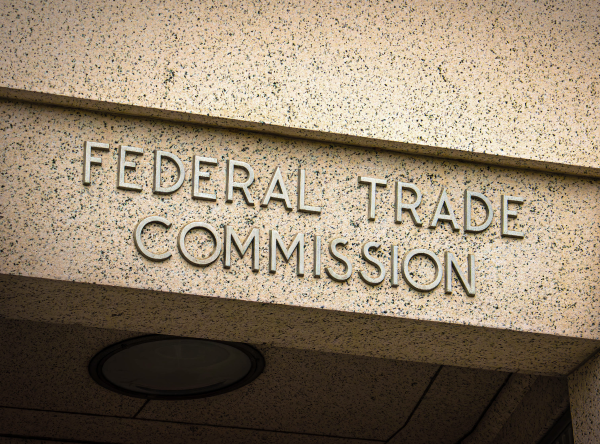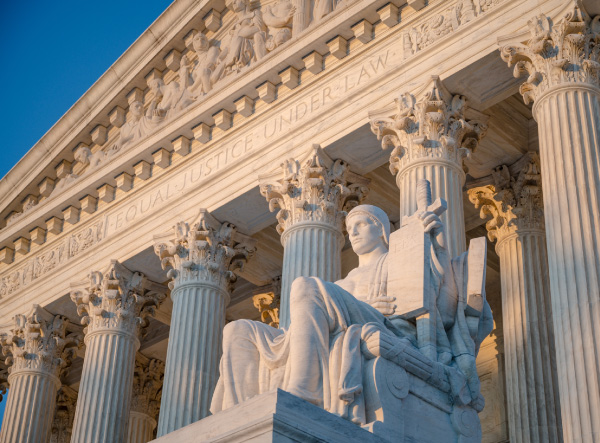Earlier this year, we provided an update on the United States Federal Trade Commission (FTC)’s promulgation of its Rule banning non-compete agreements. Expectedly, the Rule was challenged. On August 20, 2024, the United States District Court for the Northern District of Texas issued an opinion and order setting aside the FTC’s
In Michigan, courts generally presume the legality, validity, and enforceability of contracts. Although noncompete agreements have generally been disfavored by the law, they are enforceable to the extent that they are reasonable in time, geographic distance, and competitive interest. This may all be changing soon though. On April 23, 2024, the
The Justice Department filed a statement of interest in the U.S. District Court for the District of Oregon explaining that a city’s decision to restrict a church’s distribution of meals to people who are homeless or hungry may have substantially burdened religious exercise under the Religious Land Use and Institutionalized
On January 13, the Supreme Court of the United States (SCOTUS) struck down the Biden Administration’s vaccine mandate that was to apply to all large employers. That same day, the Supreme Court upheld the administration’s vaccine mandate that applies to healthcare workers at healthcare facilities that receive Medicare and Medicaid.
These
It appears as though another term of the Supreme Court will close without the high court evaluating a religious land use claim under The Religious Land Use and Institutionalized Persons Act (RLUIPA). An Amish community from Minnesota had asked the U.S. Supreme Court to consider whether state laws requiring the
For more than 20 years now, the Religious Land Use and Institutionalized Persons Act (RLUIPA) has sought to ensure houses of worship are treated the same as similar secular land uses, regardless of other considerations or laws that might be implicated. A recent case out of Maryland reaffirms this concept,
March 2021

Federal Government, New Jersey Town Reach Settlement of RLUIPA Case One Day After It Was Filed
In most Religious Land Use and Institutionalized Persons Act (RLUIPA) cases, the plaintiff is a religious organization and the defendant is a local government. However, there are some instances when the religious organization gains the support of a second, powerful plaintiff – the U.S. Department of Justice. That was the
It was just last year that the Religious Land Use and Institutionalized Persons Act, or RLUIPA, celebrated its 20th anniversary. During that time, the U.S. Supreme Court has never issued a substantive opinion on a religious land use matter based on RLUIPA. However, the Supreme Court has now issued an









